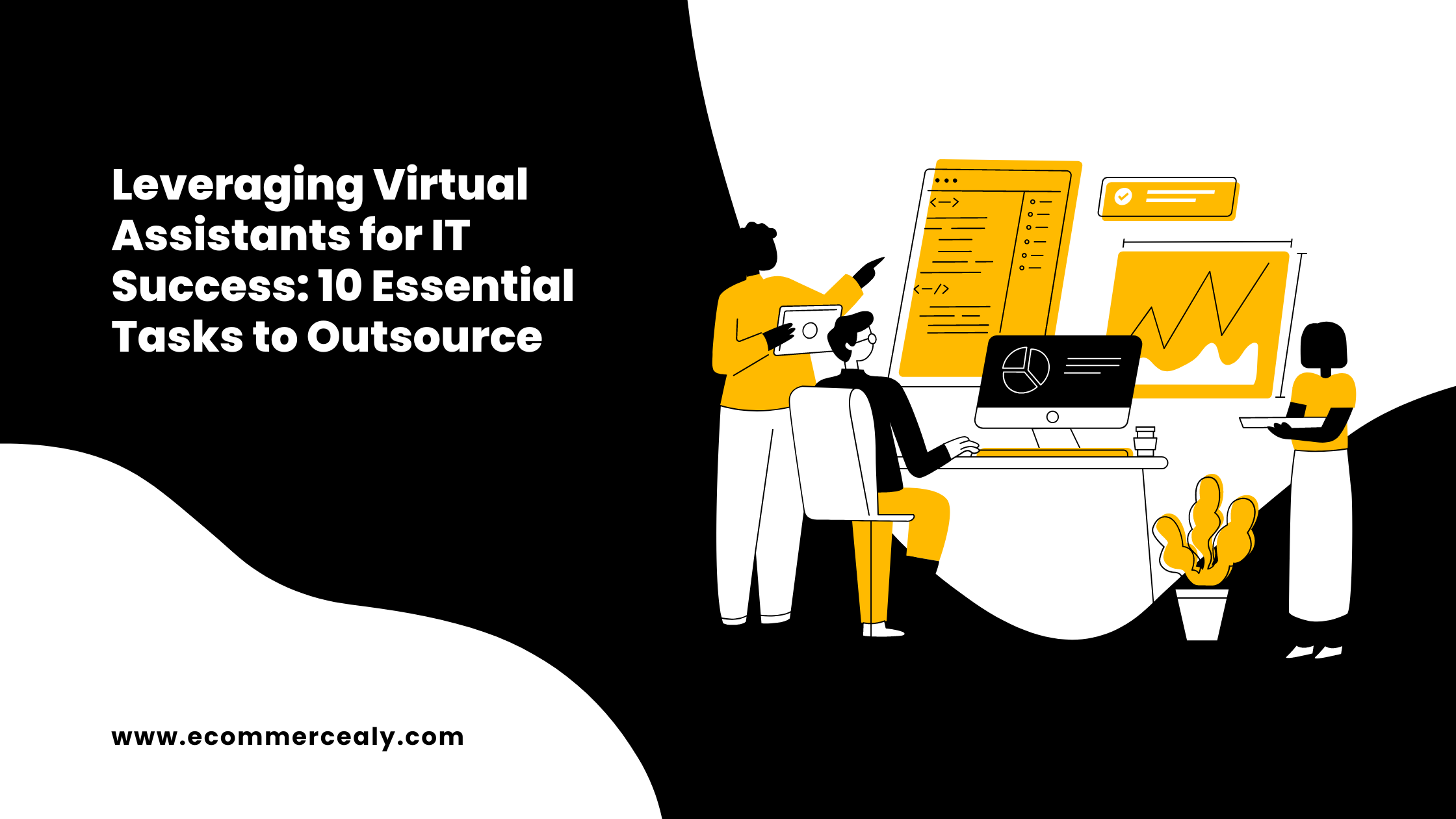Gone are the days when one single, very successful online storefront would cut it. Today, for an e-commerce brand to really thrive and capture market share, it needs to exist across an ecosystem of platforms: Shopify for brand control, Amazon for reach, Walmart for major retail presence, and social media marketplaces for impulse buys. This multichannel reality is where opportunity meets its greatest challenge.
While the benefits of selling everywhere you can sell are evident, the challenges frequently lead to hard work, mistakes, and a broken brand experience. Too often companies are forced to stare at their screens, cycling through numerous dashboards or systems just to check inventory, update listings, and respond to customer questions. This is the moment when operational chaos threatens to stall growth—a moment that proves a skilled human partner is far more valuable than a new software subscription.
Beyond the Sync Button: The Hidden Pitfalls of Multi-Channel Scaling
Most businesses think technology will solve the multi-platform puzzle. They invest in sophisticated synchronization software, only to realize that the tool is only as good as the person managing it. The most challenging part of cross-platform operations is less about keeping the numbers of stock in sync and more about consistency and agility across very different environments.
Consider the three major stumbling blocks:
-
Listing Fragmentation: What works on Amazon requires a different set of optimization tactics (keywords, images, A+ content) than the same product that is being sold on a Shopify store or an Etsy shop. Keeping listings customized and high-converting across five platforms is a full-time, detail-oriented job.
-
Inconsistent Customer Service: A customer asking a question on a Facebook ad, an Amazon listing, and on your website live chat should be met with a single, consistent, quick, professional response. The outcome of customer service when it becomes a sprawling, disjointed function handled by the owner is that response times worsen, and poor reviews become inevitable.
-
Inventory Catastrophe: The second an item sells out on Etsy that you have not refreshed in Shopify or Amazon, you are one step closer to overselling it, getting cancellations, and negative seller ratings—possibly even penalties. It is the constant, low-level anxiety that dogs any growing multi-channel business.
The Power of Specialized E-commerce Virtual Assistant Services
That is where the specialized strategic partner, the ecommerce virtual assistant, steps in to provide the professional backbone required for scalable operations.
Hiring a general admin assistant is no longer sufficient. Ecommerce Virtual assistant services have become more focused on providing dedicated expertise: a virtual, digital operations manager who truly understands the specific algorithms, fulfilment processes, and data requirements of each selling platform. They are platform translators, meaning your brand operates seamlessly whether a customer is checking out via the Buy Box or clicking the cart icon on your website.
A professional virtual assistant can absorb the operational load in an instant, ensuring that data flows smoothly and the tasks are executed with precision. Their involvement frees up the business owner to focus entirely on product development, marketing strategy, and large-scale growth initiatives, the tasks that actually move the revenue needle.
The Cross-Platform Architect: Day-to-Day Functions of Your E-commerce Virtual Assistant
The core value of a dedicated ecommerce virtual assistant lies in their ability to standardize and automate those tactical, repetitive, yet vital tasks that chew up a business owner’s week:
1. Inventory and Logistics Management
The moment of truth for any multi-channel operation is fulfillment. The VA ensures that centralized inventory management software programs, like ChannelAdvisor or Skubana, are always in sync. They oversee the order routing process, making sure that FBA orders are sent to Amazon and direct-to-consumer orders are flagged for a 3PL partner or local warehouse. This prevents fulfillment mistakes and guarantees fast shipping times across all channels.
2. Tailored Listing Optimization and QA
They don’t just copy and paste listings. A good VA will optimize the very same product listing differently for Amazon’s A9 algorithm versus the visual appeal that’s needed on a Shopify collection page. They give quality assurance, checking pricing parity and making sure all product images and descriptions are compliant and consistent across every corner of the web.
3. Harmonized Customer Experience and Brand Reputation
The virtual assistant has consolidated and optimized your customer communications—messaging system, reviews and responses, and returns and exchanges, all of which are branded—thereby building customer trust, regardless of the platform on which the customer initiated a purchase.
The Strategic Leap: Moving from Manager to Visionary
After all, bringing an expert ecommerce virtual assistant into your team is not a cost but an investment in strategic time. With the complex, multi-platform administrative work going off your plate, you essentially buy freedom to step out of the day-to-day tactical execution.
The partnership transforms the business owner from a constant manager of chaotic dashboards into a visionary who can focus on major opportunities: negotiate better supplier contracts, explore new product lines, or design high-level marketing campaigns. In the ever-expanding maze of e-commerce, the virtual assistant is that indispensable guide who will make sure your growth is not just fast but sustainable, controlled, and profitable across every platform you touch.
FAQs:
1. How can a virtual assistant manage inventory and orders across multiple sales platforms?
Using centralized software inventory management systems, for example, a VA synchronizes stock levels to avoid overselling and routes orders accurately to the appropriate fulfillment center across any platform.
2. What are the benefits of using a virtual assistant for multi-channel e-commerce support?
Virtual assistants ensure inventory synchronization, optimize platform-specific listings, centralize customer service, and provide strategic time to the owners for faultless and scalable multi-channel growth.
3. Which integrations are essential for effective cross-platform virtual assistant performance?
The crucial integrations include, but are not limited to, IMS, CRM, and Central Order/Shipping to ensure that we maintain real-time synced data in all of our marketplaces.








